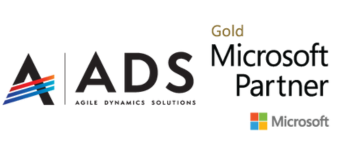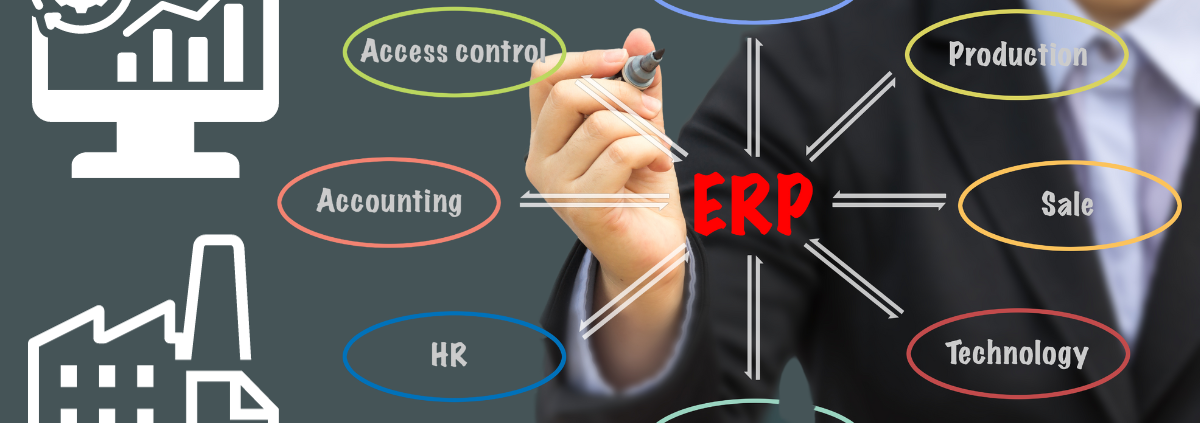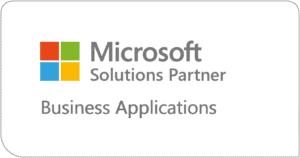ERP Solutions: Turbocharge Your Business Efficiency in Malaysia
In the fast-moving business world, where time is crucial, companies are always looking for ways to work smarter and make things simpler. This has led many to discover ERP solutions, which are like super tools for managing businesses. In this article, we’ll explore how these tools can help companies in Malaysia become more efficient and organized.
Table of Contents
Introduction
In the fast-paced world of business, where every second counts, organizations are constantly seeking ways to enhance efficiency and streamline operations. Enter ERP solutions, a game-changer in the realm of business management. In this article, we’ll explore the nuances of maximizing efficiency with ERP solutions in the Malaysian business landscape.
The Landscape of ERP Solutions in Malaysia
Current Market Trends
The Malaysian business landscape is witnessing a surge in the adoption of ERP solutions. Companies are recognizing the need to centralize their processes and data for improved decision-making. Nevertheless, this transition comes with its set of obstacles.
Adoption Rates and Challenges
While many organizations are embracing ERP solutions, some still face challenges in terms of implementation and integration. Understanding these hurdles is crucial for a successful transition.
Key Features of Efficient ERP Solutions
Integration Capabilities
Efficiency thrives on seamless integration. A robust ERP solution should effortlessly integrate with existing systems, breaking down silos and fostering collaboration across departments.
User-Friendly Interfaces
The human factor is paramount. A user-friendly interface ensures that employees can navigate the ERP system with ease, promoting higher adoption rates and reducing the learning curve.
Customization Options
Every business is unique. An efficient ERP solution should offer customization options, allowing organizations to tailor the system to their specific needs.
Selecting the Right ERP Solution
Understanding Business Requirements
One size does not fit all. Understanding the unique requirements of the business is crucial in selecting an ERP solution that aligns with organizational goals.
Evaluating Vendor Reputation
Choosing a reliable vendor is as important as the solution itself. Researching and evaluating the reputation of ERP vendors ensures a trustworthy partnership.
Scalability and Future-Proofing
An ERP solution should not only meet current needs but also be scalable to accommodate future growth. Future-proofing your investment is key.
Implementation Strategies
Seamless Integration with Existing Systems
The success of ERP implementation hinges on seamless integration with existing systems. This requires careful planning and expertise to avoid disruptions.
Employee Training and Change Management
Employees are the backbone of any organization. Comprehensive training programs and effective change management strategies are vital for successful ERP adoption.
Monitoring and Continuous Improvement
Post-implementation, continuous monitoring and improvement strategies ensure that the ERP solution evolves with the changing needs of the business.
Overcoming Common Challenges
Data Migration Issues
Data is the lifeblood of any ERP system. Addressing data migration challenges head-on is critical to maintaining data integrity during the transition.
Resistance to Change
Change is met with resistance. Organizations must proactively address this challenge through communication, training, and showcasing the benefits of the ERP solution.
Cost Considerations
While the benefits of ERP solutions are undeniable, organizations must carefully consider the costs involved, ensuring a return on investment over the long term.
The Future of ERP Solutions in Malaysia
Emerging Technologies
The landscape is ever-evolving, with emerging technologies like AI and machine learning poised to redefine how ERP solutions operate in Malaysia.
Anticipated Developments
As the business environment continues to change, anticipating developments in ERP solutions will be crucial for organizations to stay ahead of the curve.
Conclusion
In conclusion, maximizing efficiency with ERP solutions in Malaysia is not just a trend but a strategic necessity. The right ERP solution, coupled with effective implementation strategies, can propel businesses to new heights of productivity and competitiveness.
FAQs
What is the typical cost of implementing an ERP solution in Malaysia?
The cost varies based on the size and needs of the organization. It’s advisable to request quotes from reputable ERP vendors for accurate estimates.
How long does it take to see tangible results after ERP implementation?
The timeline for tangible results varies, but organizations often start experiencing improvements within a few months of implementation.
Are there industry-specific ERP solutions available?
Yes, many ERP vendors offer industry-specific solutions tailored to the unique needs of various sectors.
Can small businesses benefit from ERP solutions?
Absolutely. ERP solutions are scalable and can be customized to suit the needs of small businesses, offering improved efficiency and competitiveness.
What security measures are in place to protect sensitive data?
Reputable ERP vendors prioritize data security, employing robust encryption, access controls, and regular audits to safeguard sensitive information.



